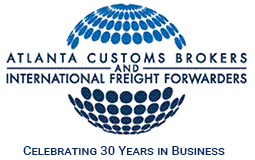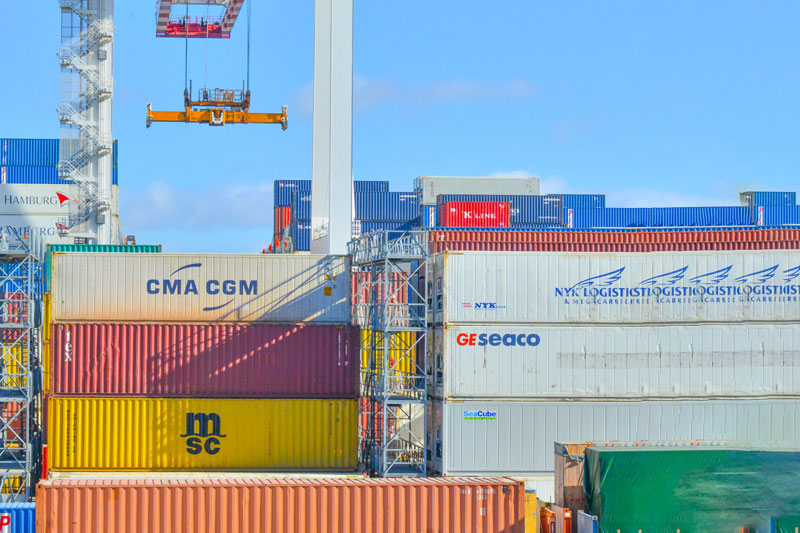6 ways to navigate supply chain issues when weather threatens freight deliveries
When your business takes advantage of the opportunities provided by ecommerce, that adds a necessary step for shipping your products from your manufacturer or warehouse to your customers. If your manufacturer is outside of the country, then you are going to ship your products into the country first, before distributing them to local shippers as part of the delivery process.
For a majority of international shipments, the shipping process involves a freight forwarder who manages the paperwork and makes sure everything is completed timely. With these international shipments, however, there is also the chance that you are going to deal with unforeseen complications, including those related to weather. According to the DHL Resilience360 report, the world’s top three risks to supply chains are cybersecurity incidents, trade flows, and extreme weather conditions.
Here are six ways to navigate supply chain issues when weather is threatening the timely delivery of your freight.
Have a Local Alternative
If there is a weather system that could negatively impact your supply chain, it is important to identify any local suppliers that you could tap to keep your products moving to your customers. You might not be able to provide everything, but you can reduce delays for your customers by utilizing these local sources.
There may be additional costs related to using a local supplier, so be sure to factor that into your operating costs. These local sources should be able to provide at least your top 20 most critical items.
Make Sure Alternative Suppliers Are Not Impacted
The reality is that one weather system can end up impacting your entire supply chain if everything is located in the same geographical area. Having supply alternatives means that they are not in the same geographical area, so they are less likely to all be impacted by the same weather system.
Focus on Loss Prevention
Using insurance can help you to manage the loss of revenue, allowing you to have the necessary working capital to keep your business afloat during any potential weather delays.
It is also important to identify any pinch points or areas where you do not have alternative suppliers. Once you know where those areas are, you can identify ways to make the supply chain more resilient.
Create a Contingency Plan
One of the best ways to protect your business’ supply chain is by having a contingency plan in place for weather disasters and delays. This type of plan can help you lay out the temporary relocation of your business operations, as well as what to do in the case of a weather disaster. The plan should help you resume operations quickly or address effected areas of your supply chain quickly to get your business back up and running.
Use a Freight Forwarder and Procurement Manager
One of the reasons that a freight forwarder is important often relates back to their ability to foresee potential issues and keep your supply chain moving. Procurement leaders can use them to reduce the risk to your business. Additionally, a procurement manager can help you to dive into the deepest levels of your supply chain to determine your hidden risks within your supply chain.
Doing so can make it easier to identify the best ways to reduce your risks and create the best contingency plan for your business.
Focus on Sustainability
The final point is to make sure that your supply chain is sustainable through specific supply chain management. Climate change is likely to increase the number of weather incidents, so focusing on environmentally sustainable alternatives in your supply chain can help you to reduce the carbon impact of your business. Part of this process should include using new technologies and best practices to minimize business losses.
Today, it is not uncommon for logistics companies to issue weather advisories, breaking down potential risks throughout the international shipping chain. Logistic companies can also report on other issues at various parts of the shipping chains, including at railroads, airports, and truck terminals.
If your international shipments are coming into Atlanta, then our experienced staff can assist you in dealing with the challenges of international shipping, including weather delays. Contact us today to learn what we can offer your business’ supply chain.
Atlanta Customs Brokers is one of the oldest and most trusted customs brokerage and shipping firms in Atlanta. Established in 1985, our company has been a fixture in and around the Atlanta airport and Savannah port for more than 31 years. We enjoy working with our international partners and enjoy what we do. If you are a first-time importer or exporter or a large corporation, we can handle your needs.

